The week's good news: July 6, 2023
It wasn't all bad!


- 1. In these workshops, veterans and service members are finding healing through writing
- 2. FDA approves blood test able to predict pre-eclampsia in pregnant women
- 3. Fire department intern discovers his mentor helped deliver him 18 years ago
- 4. Scientists use bacterial cellulose to develop alternative to plastic
- 5. Tiny home villages are providing safe housing for veterans
A free daily email with the biggest news stories of the day – and the best features from TheWeek.com
You are now subscribed
Your newsletter sign-up was successful
1. In these workshops, veterans and service members are finding healing through writing
During her writing workshops, poet and author Seema Reza teaches veterans, service members and civilians how the power of creative storytelling can heal. This feels "like really sacred work," Reza, CEO and founder of the nonprofit Community Building Art Works (CBAW), told The Week. In 2010, she began working with veterans and service members with PTSD from their time in Iraq and Afghanistan, and quickly found that to deal with physical and emotional injuries, "community is essential." CBAW's workshops, led by professional artists, focus on developing camaraderie and artistic expression; it's been found that literary arts experiences, whether it's writing poetry or reading together, increase a sense of belonging and decrease loneliness. It's Reza's belief that "everyone has a story inside them and everyone's is really, really valid and important."
2. FDA approves blood test able to predict pre-eclampsia in pregnant women
A blood test has been approved by the Food and Drug Administration that can help identify pregnant women who are at a high risk of developing pre-eclampsia, a serious complication that can be life-threatening. "It's groundbreaking," Dr. Doug Woelkers, a professor of maternal fetal medicine at the University of California, San Diego, told The New York Times. "It's revolutionary. It's the first step forward in pre-eclampsia diagnostics since 1900, when the condition was first defined." Pre-eclampsia causes high blood pressure after the 20th week of pregnancy, and in the United States, the condition disproportionately affects Black women. The new test measures the ratio of two proteins produced by the placenta, and can determine with up to 96% accuracy whether a woman with symptoms will develop pre-eclampsia within the next two weeks.
The Week
Escape your echo chamber. Get the facts behind the news, plus analysis from multiple perspectives.

Sign up for The Week's Free Newsletters
From our morning news briefing to a weekly Good News Newsletter, get the best of The Week delivered directly to your inbox.
From our morning news briefing to a weekly Good News Newsletter, get the best of The Week delivered directly to your inbox.
3. Fire department intern discovers his mentor helped deliver him 18 years ago
When O'Tavais "OT" Harris started chatting with his new mentor Kevin Faddis, it quickly became clear that they had already met, 18 years earlier. Harris is participating in Knoxville's Summer in the City intern program, and was assigned to the fire department, where Faddis is assistant chief. Faddis asked Harris about where he lived, and Harris mentioned the street he grew up on. Faddis said he delivered a baby there, and Harris, who knew first responders helped his mom while she gave birth at home, shared that it was him. Harris was born Jan. 1, 2005, and Faddis told The Washington Post he still remembers holding Harris in his arms and hearing his first cry. "With jobs like ours, you don't get a lot of time to relish the moment," he said. "You're always off to the next call. It's a real treat for us to get to know the young man we helped bring into the world 18 years ago."
4. Scientists use bacterial cellulose to develop alternative to plastic
Researchers at the Chinese University of Hong Kong have created a biodegradable material that could be used for food packaging instead of plastic. To make this transparent, biodegradable, and edible material, the team started working with bacterial cellulose, an organic compound derived from bacteria. In a study published in the Journal of the Science of Food and Agriculture, the scientists wrote that bacterial cellulose does not react well to moisture in the air, so they added soy proteins to the material and coated it with an oil-resistant composite, which solved the issue. "This approach offers a promising solution to the challenge of developing sustainable and environmentally friendly packaging materials that can replace single-use plastics on a large scale," study author To Ngai, a chemistry professor at the Chinese University of Hong Kong, told Phys.org. The material can completely degrade in two months, and since it is edible, is safe for wildlife.
A free daily email with the biggest news stories of the day – and the best features from TheWeek.com
5. Tiny home villages are providing safe housing for veterans
Tiny homes are one of the tools being used to combat homelessness, and a proposed bill could lead to more veterans receiving keys to their own places. It's estimated that there are 33,100 veterans in the U.S. who do not have permanent housing, and nonprofit organizations like Operation Tiny Home are building tiny home villages to house them. Many of the homes are under 500 square feet, so dozens can be placed on lots. In May, a bipartisan bill, the HAVENS Act, was introduced in the House of Representatives, which for five years would allocate $20 million annually for the development of five tiny home villages. To receive funding, developers would have to ensure the residents receive job and financial training, mental health support and other social services. When it comes to getting vets off the streets, this is "not just putting a Band-Aid on it, but actually demonstrating what a comprehensive solution can look like," Zack Giffin, spokesperson for Operation Tiny Home, told Insider.
Catherine Garcia has worked as a senior writer at The Week since 2014. Her writing and reporting have appeared in Entertainment Weekly, The New York Times, Wirecutter, NBC News and "The Book of Jezebel," among others. She's a graduate of the University of Redlands and the Columbia University Graduate School of Journalism.
-
 Is Andrew’s arrest the end for the monarchy?
Is Andrew’s arrest the end for the monarchy?Today's Big Question The King has distanced the Royal Family from his disgraced brother but a ‘fit of revolutionary disgust’ could still wipe them out
-
 Quiz of The Week: 14 – 20 February
Quiz of The Week: 14 – 20 FebruaryQuiz Have you been paying attention to The Week’s news?
-
 The Week Unwrapped: Do the Freemasons have too much sway in the police force?
The Week Unwrapped: Do the Freemasons have too much sway in the police force?Podcast Plus, what does the growing popularity of prediction markets mean for the future? And why are UK film and TV workers struggling?
-
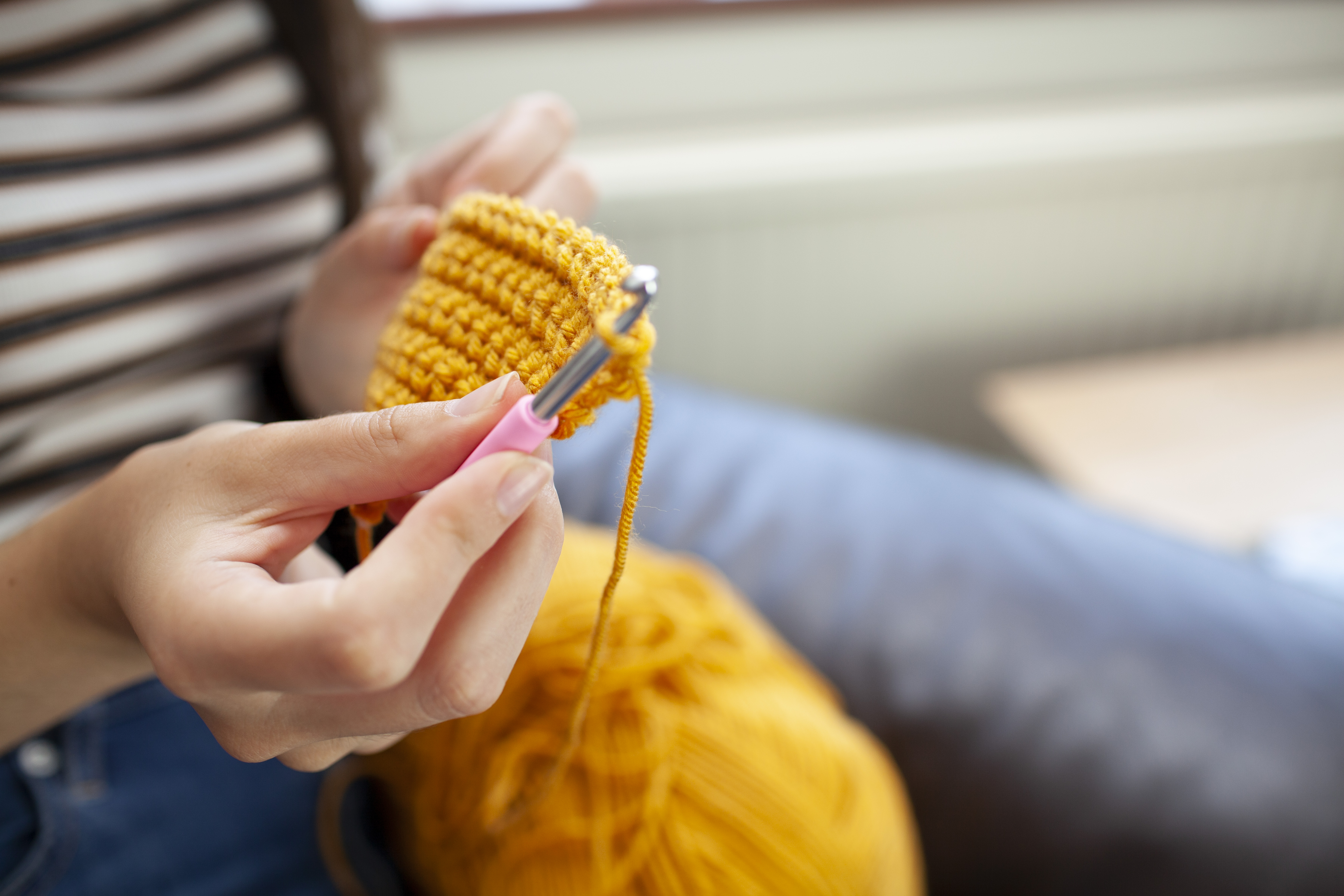 The week's good news: Jan. 18, 2024
The week's good news: Jan. 18, 2024Feature It wasn't all bad!
-
 The week's good news: Jan. 11, 2024
The week's good news: Jan. 11, 2024Feature It wasn't all bad!
-
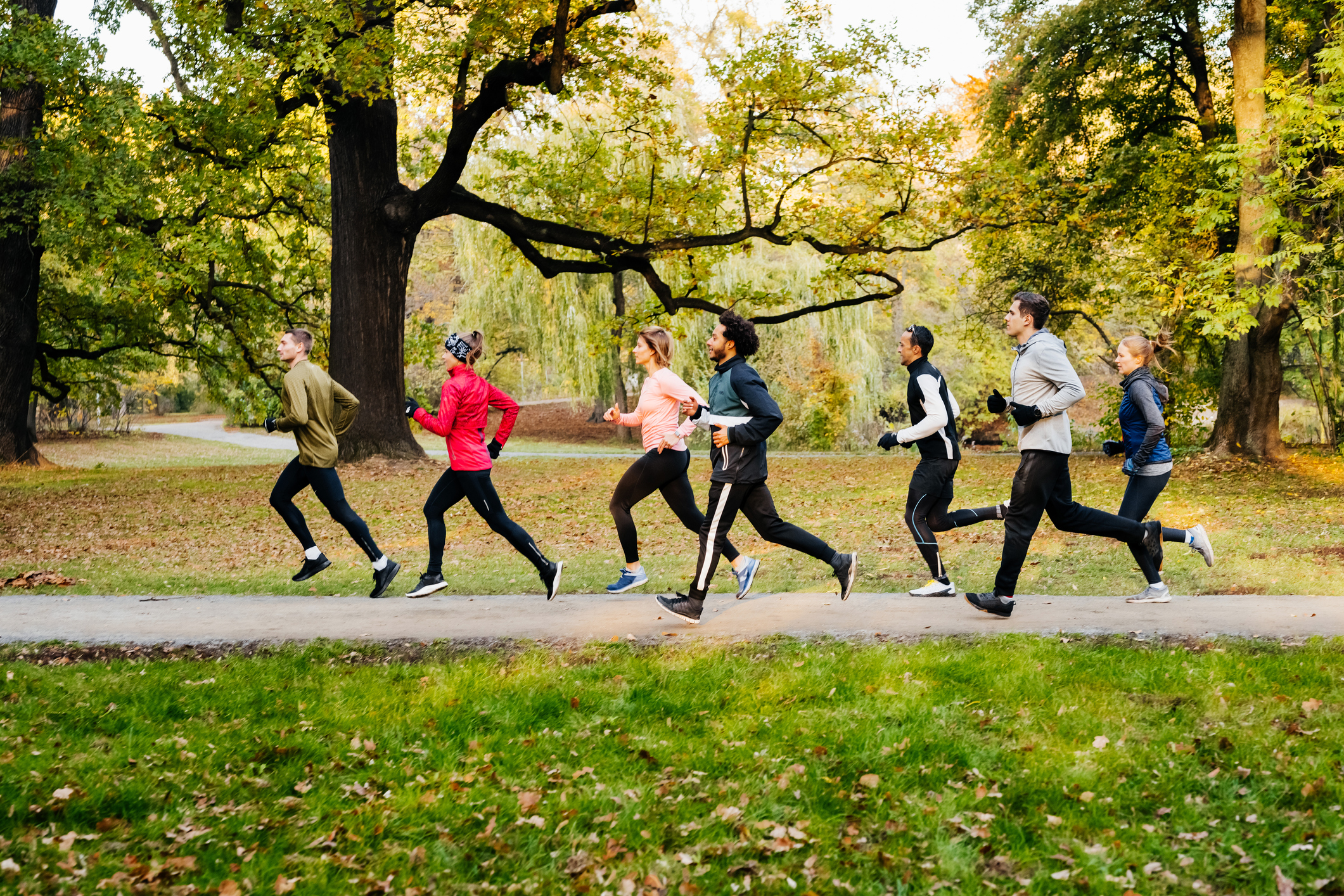 The week's good news: Jan. 4, 2023
The week's good news: Jan. 4, 2023Feature It wasn't all bad!
-
 The week's good news: Dec. 21, 2023
The week's good news: Dec. 21, 2023Feature It wasn't all bad!
-
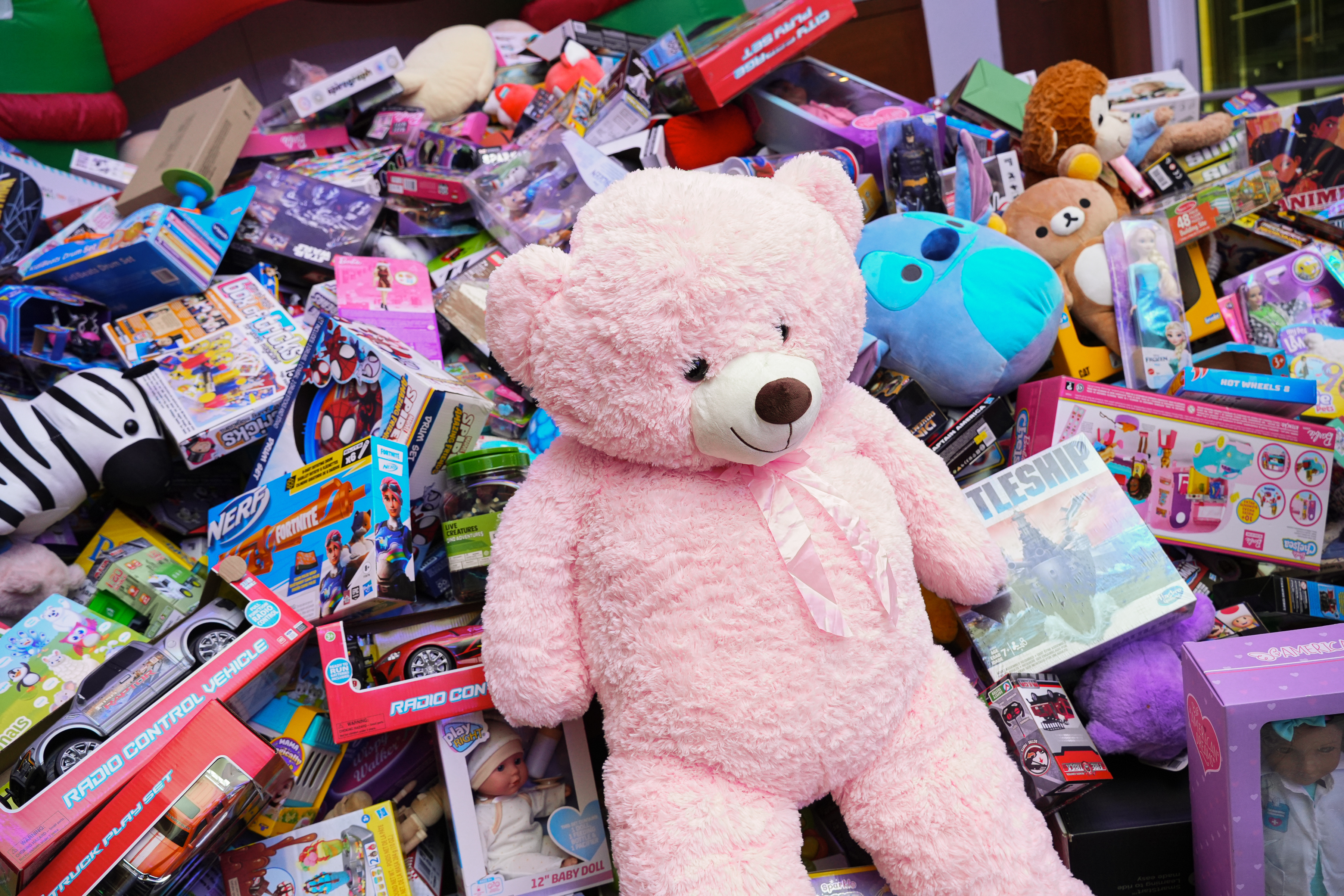 The week's good news: Dec. 14, 2023
The week's good news: Dec. 14, 2023Feature It wasn't all bad!
-
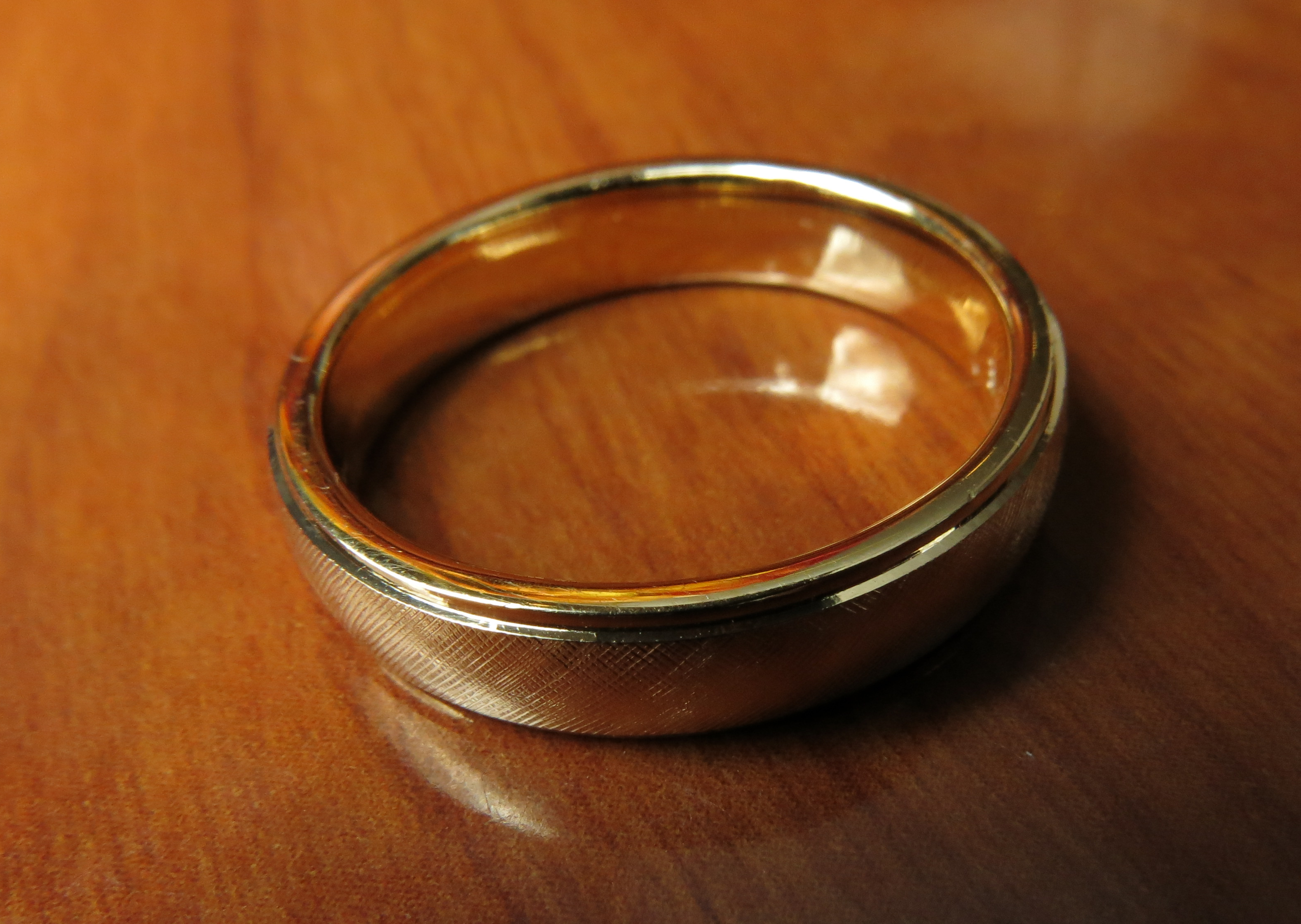 The week's good news: Dec. 7, 2023
The week's good news: Dec. 7, 2023Feature It wasn't all bad!
-
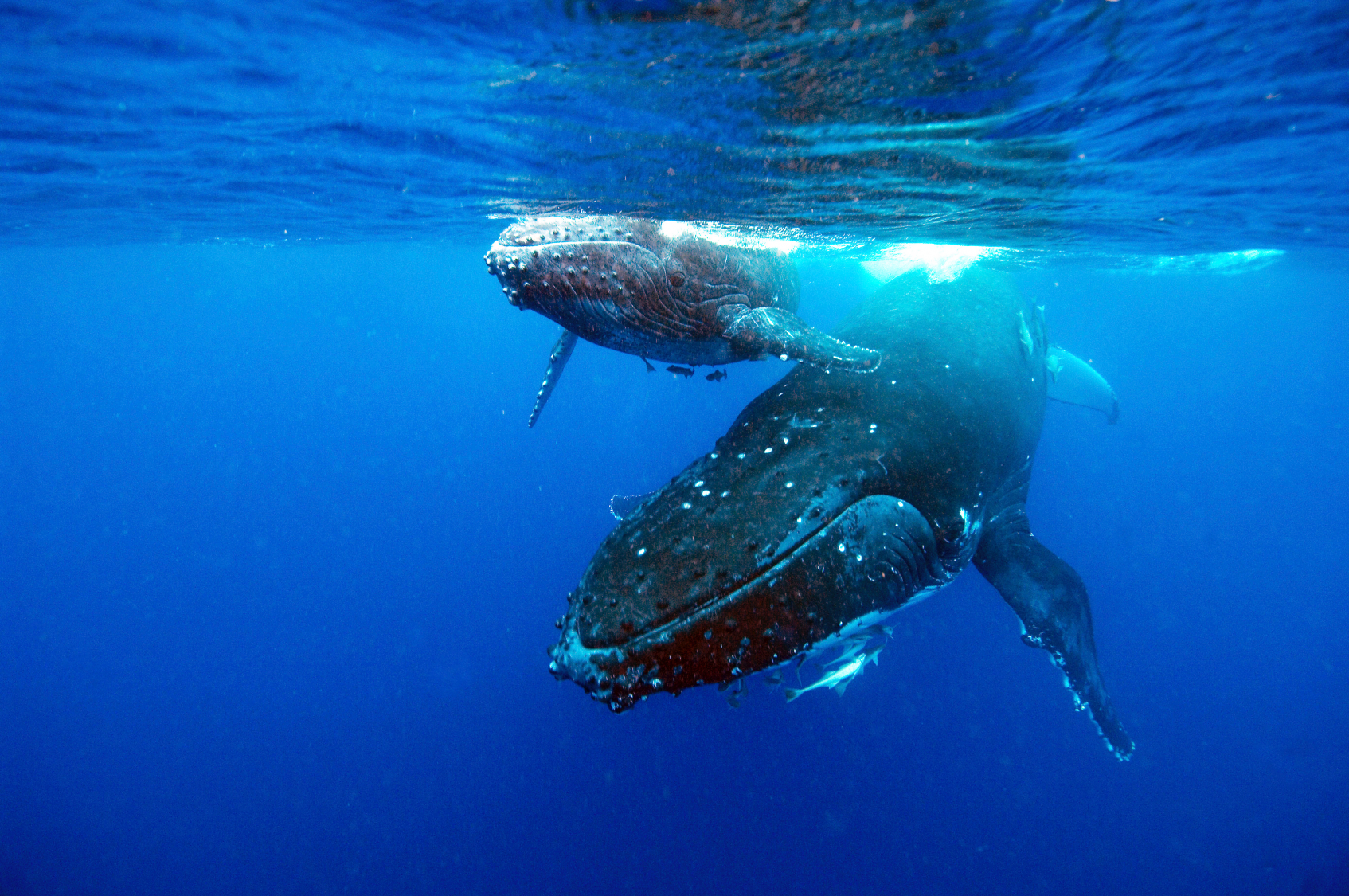 The week's good news: Nov. 30, 2023
The week's good news: Nov. 30, 2023Feature It wasn't all bad!
-
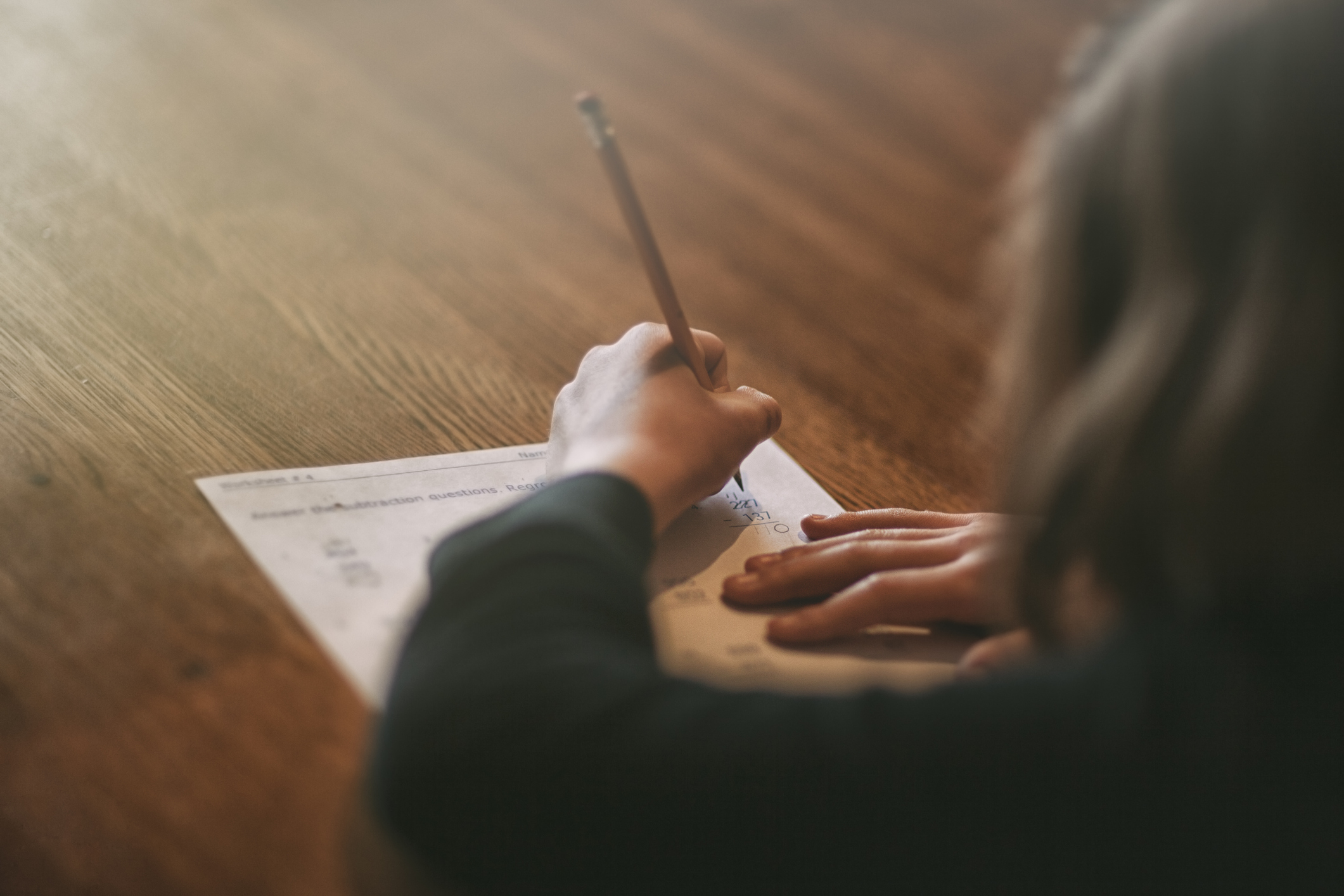 The week's good news: Nov. 16, 2023
The week's good news: Nov. 16, 2023It wasn't all bad!
